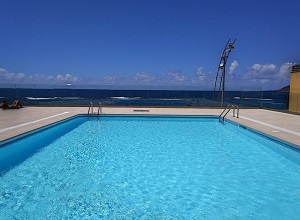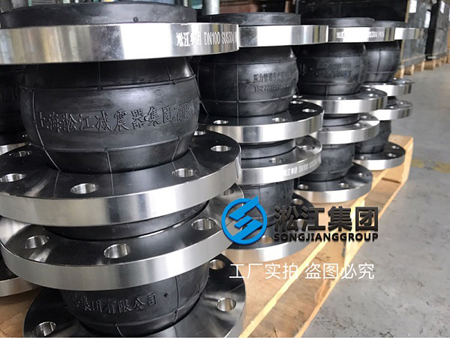The official website of Shanghai Songjiang Vibration Absorber Group introduces information on common methods for pool water treatment. Songjiang Group provides vibration absorbers for numerous pool water treatment equipment and high-quality rubber expansion joints for circulation pumps, with a 5-year warranty.

For open pools like swimming pools and spa pools, once people enter the water, it becomes polluted. The degree of pollution depends on the number of people, increasing the pool’s load. When pollutants exceed the filter’s range, other methods are needed to save the water. Traditionally, chemicals are added to purify the water, but while they can reduce pollution and clarify the water, they also have negative effects. For example, when aluminum sulfate, a coagulant, is added, the water becomes more turbid and takes on a milky color. After it settles, sediment at the bottom of the pool needs to be cleaned. Moreover, the pH of the water rapidly decreases after adding aluminum sulfate, which, if not corrected promptly, can cause complaints from swimmers about itching and discomfort.
In the past forty years, various water treatment agents have been developed abroad to address different water quality issues in pools. These agents achieve excellent water quality without adverse effects, reducing the intensity of water treatment work. There are nearly thirty types of related water treatment agents, including enzyme clarifiers, pool wall cleaners, and superchlorinators.
Depending on whether chlorine disinfection is used, all open pools can be divided into those without chlorine disinfection, such as hot springs and medicinal bath pools, and those with chlorine disinfection, such as indoor swimming pools, outdoor swimming pools, and spa massage pools. Because of differences in water temperature and disinfection methods, water quality problems vary:
- Hot springs and medicinal bath pools may cause itching, strong medicinal odors, and the accumulation of oily foam.
- Indoor swimming pools may have cloudy water, black algae growth, and a strong chlorine odor.
- Outdoor swimming pools may experience water discoloration, chlorine evaporation, and green algae growth.
- Spa massage pools may have cloudy water, the accumulation of oily foam, peculiar odors, and swimmers experiencing itching.
Different pools require different chemicals to solve water quality problems:
- Hot springs and medicinal bath pools: Add fresh chlorine and ozone stabilizer for itching; ozone powder and superchlorinator for medicinal odor irritation; and defoamer for oil and foam accumulation.
- Indoor swimming pools: Add enzyme clarifier for cloudy water; algaecide for black algae growth; and ozone powder and superchlorinator for strong chlorine odors.
- Outdoor swimming pools: Add enzyme clarifier for water discoloration; UV isolator for chlorine evaporation; and algaecide for green algae growth.
- Spa massage pools: Add enzyme clarifier for cloudy water; defoamer for oily foam accumulation; ozone powder and superchlorinator for peculiar odors; and fresh chlorine and ozone stabilizer for itching.











